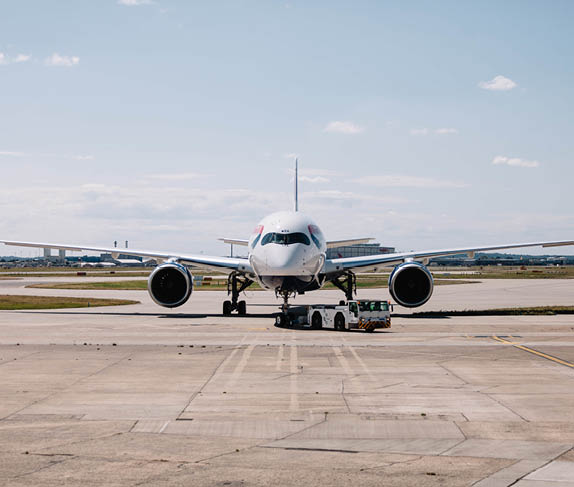Preliminary results of a York Aviation study on “The Cost and Profitability of European Airports” show that European passengers are paying excessive airport charges, particularly at monopoly airports and airports which operate under a Dual Till regime, reports Airlines for Europe (A4E). Under a Dual Till regime, the profits from airports’ commercial activities such as shopping or parking are not re-invested in lowering airport charges for consumers, despite the fact that this revenue would not be generated without them in the first place. Reviewing the Airport Charges Directive could address this and other issues with the regulation, to the benefit of consumers.
The Single Till principle requires revenues from an airport’s nonaeronautical activities (such as shopping, car parking, restaurants, etc) to be deducted from the airport’s revenue for aeronautical services before determining the level of airport charges. The existence and proliferation of Dual Till airports demonstrates that airports don’t operate in a competitive market and abuse their market power, says A4E.
“Evidence shows that airports with Dual Till are likelier to generate excess profits as their financial returns are significantly higher and principally driven by non-aeronautical activities. According to the study, Dual Till provides airports with five times more profitability than Single Till. In addition, Dual and Hybrid Till airports have eight per cent higher operational costs implying they are less efficient. This is not sustainable,” said Thomas Reynaert, A4E’s Managing Director. “We are strongly convinced that Single Till is the model which benefits European passengers most and should be introduced across the continent.”
“More generally, data on airport charges is hard to find, inconsistent when it is found, and incomparable when it is consistent. This is not compatible with the transparency requirements of the ACD,” added Reynaert.
The study also reveals that neither airlines nor the relevant regulators in each EU member state are provided with transparent information by airports when the latter determine the level of airport charges.
There is little regulatory scrutiny despite the fact that this is what the ACD stipulates. A4E believes that it is essential that national regulators and competition authorities are equipped with the adequate resources and competencies to create a level playing field.
“For A4E and millions of European passengers the ACD is an inadequate piece of legislation – it must be reviewed urgently. Economic regulation of airports is required where monopolies exist and transparency is needed when calculating airport charges. Therefore, the European Commission must revise the ACD to regulate these monopolies, initiate in-depth Market Power Assessments and ensure that national authorities have the proper competences and resources to regulate effectively. While Europe celebrates 25 years of the Single Aviation Market with lower airline fares, airport charges continue to go up,'' concluded Reynaert.

